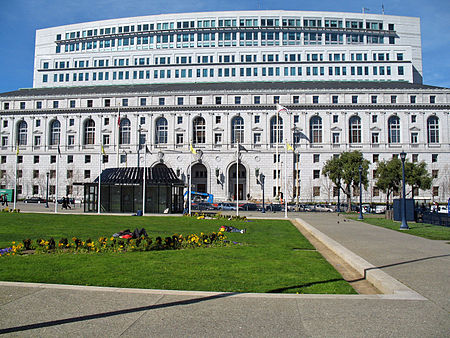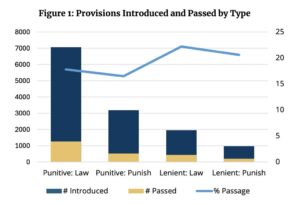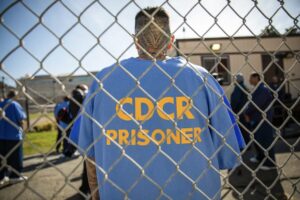
Today I submitted an Amicus Curiae brief on behalf of the ACLU of Northern California and eighteen criminal justice scholars in In re Von Staich, another San Quentin-related COVID-19 relief case pending before the Court of Appeal. You can find the brief here:
AmiciCuriaeBriefVonStaich.pdf by hadaraviram on Scribd
Part of what I discuss in the brief has to do with CDCR’s evasive maneuvers. There are now three COVID-19 prison cases pending before the courts: Plata v. Newsom in federal court, the Marin County consolidated cases, and Von Staich. In each of these cases, the Attorney General representatives are claiming that the court is not the appropriate forum for handling the matter. Not only does this argument lack legal merit–judicial review is part and parcel of the struggle in prison conditions cases, and people are expected to exhaust state remedies before going federal–it is also a cynical evasive maneuver, designed to put off resolution in these cases until people either get well on their own or die. Indeed, at a status conference I attended last week, the AG representative led with the argument that there’s no longer a problem at San Quentin because the rates of new cases are slowing down. I cannot emphasize enough how misguided this line of argument is. San Quentin is not winning the battle against COVID-19. The virus has won–it’s infected almost all the available hosts, two thirds of the prison population, and killed 26 people–and will win again if there’s a repeat outbreak and no measures are taken to prevent it, as it has in five other prisons so far: Avenal, CIW, Corcoran, LAC, and ISP.
It may be that I’m feeling especially livid about this having read Jason Fagone’s story in yesterday’s Chron, according to which grieving relatives of incarcerated people who die of COVID get, in addition to their grief and anger, a cremation bill for $900:
Since the start of the pandemic, 54 incarcerated people have died of COVID-19 in California’s 35 prisons, and even though the deceased were in state custody until they drew their last breaths, the state expects their loved ones to pay burial costs, which can run into the thousands of dollars.
Families and advocates for incarcerated people say the policy is not only cruel, it discriminates against those without means to pay the sudden expenses. And with death numbers rising in the state prisons, the issue isn’t likely to go away.
“It’s a pretty disgusting policy,” said attorney Michael Bien, who represents tens of thousands of California prisoners and knows families struggling to scrape up money to bury incarcerated loved ones felled by the virus. He said the state has a moral duty to pay for a basic burial or cremation of people who die in their custody.
“This is basic human decency here,” Bien said, emphasizing that the financial burden is falling not on those convicted of crimes but on their “children and wives and moms.”
I wonder if CDCR also charges the families for the burial of incarcerated firefighters who are risking their lives to save my life and yours as I type this.




No comment yet, add your voice below!